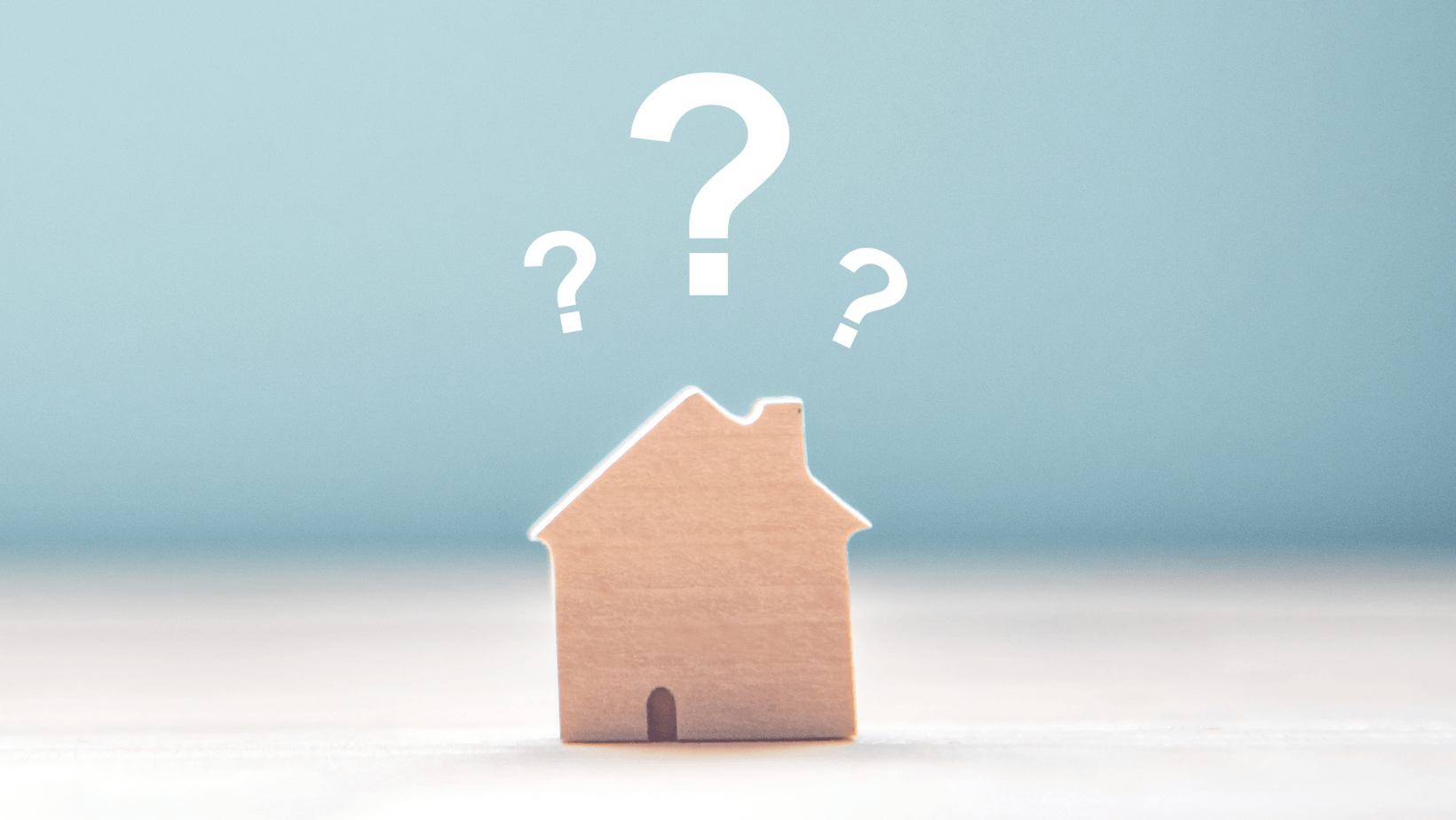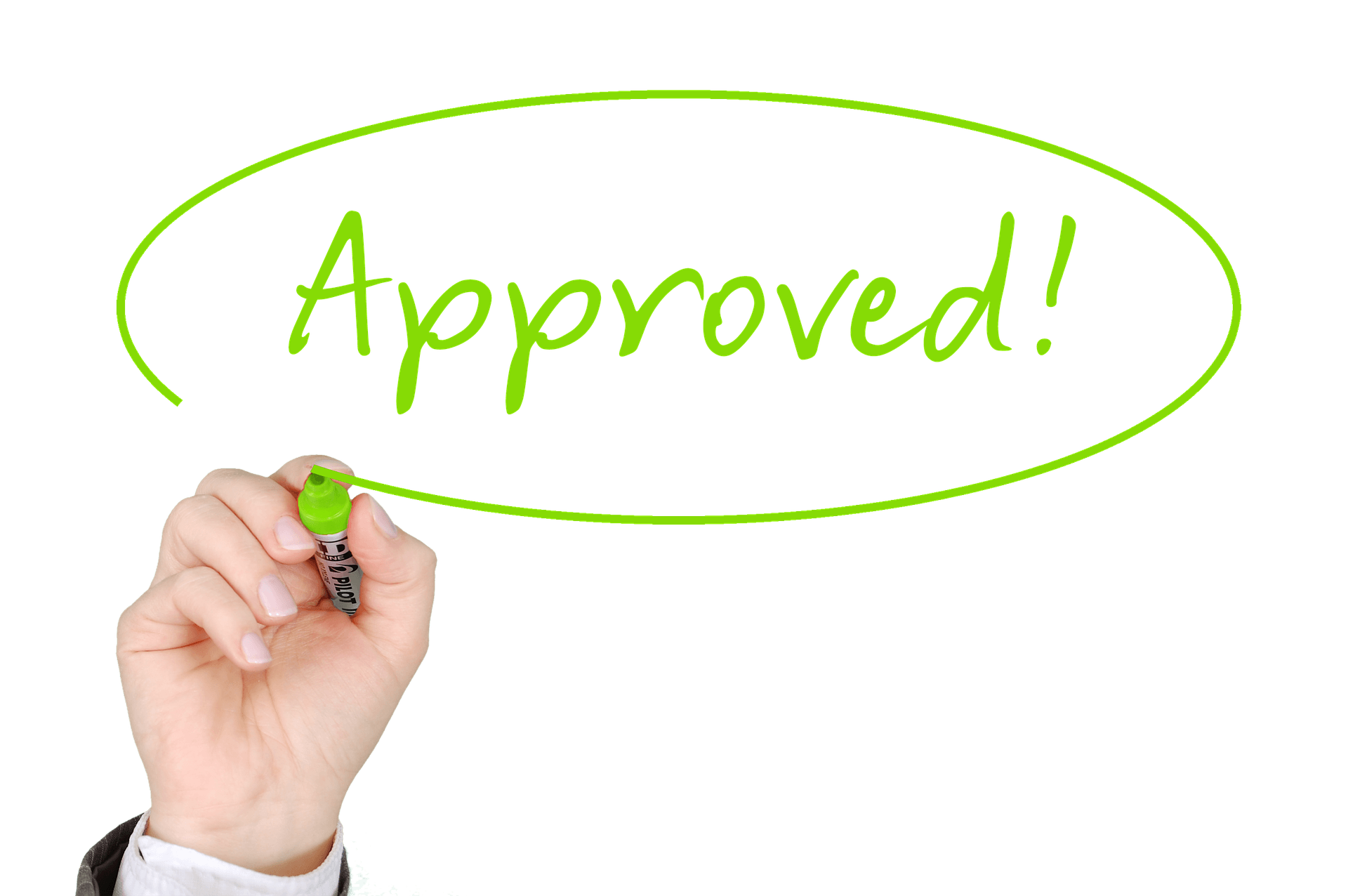Buying your new home is a serious venture. It can be a stressful and emotional task. Particularly if you're a first-time home buyer dipping a toe into real estate for the very first time. Between mortgage rates, property taxes, negotiating with sellers, and closing the deal, it's easy to feel overwhelmed. There's so much at stake! Your home is not just a house, it is a serious investment and your future.
When buying a home – you’re bound to have many questions. For example, "What's the first step of the home buying process?", "How much money will I need to afford the monthly payments?" and "How long does it take to purchase a home?".
Below you will find some information that may be useful in your home buying process. Please feel free to reach out to me with any additional questions you may have.




